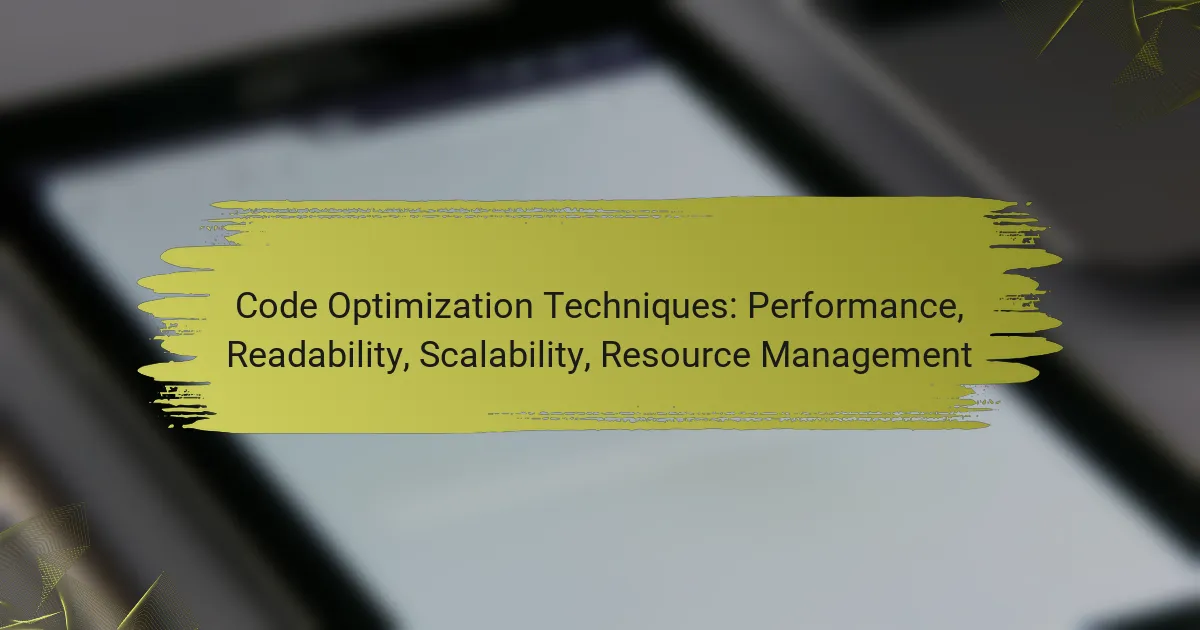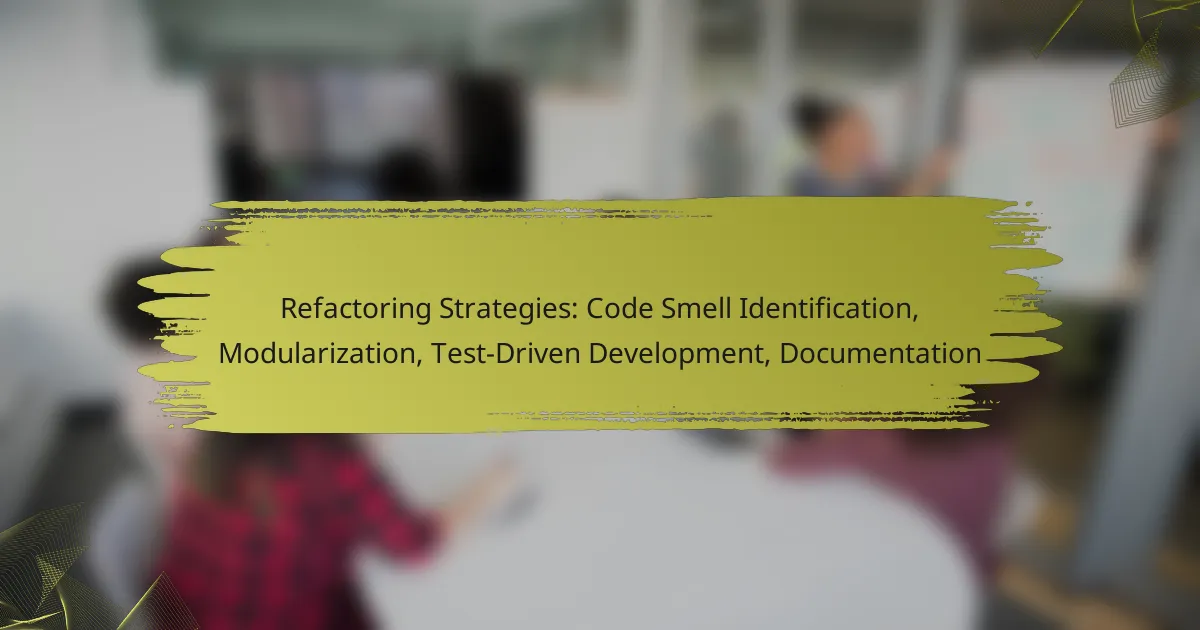What are the best programming languages for advanced techniques?
The best programming languages for advanced techniques include Python, JavaScript, C++, and Rust. Each language excels in specific domains, offering unique features and capabilities that cater to advanced programming needs.
Python for data science
Python is a leading language in data science due to its simplicity and extensive libraries such as Pandas, NumPy, and Matplotlib. These libraries facilitate data manipulation, analysis, and visualization, making it easier to derive insights from complex datasets.
When using Python for data science, focus on mastering these libraries and understanding statistical concepts. Avoid common pitfalls like neglecting data cleaning, which can lead to inaccurate results.
JavaScript for web development
JavaScript is essential for modern web development, enabling dynamic content and interactive features on websites. With frameworks like React, Angular, and Vue.js, developers can create responsive user interfaces efficiently.
To leverage JavaScript effectively, familiarize yourself with asynchronous programming and the Document Object Model (DOM). Be cautious of performance issues in large applications, and consider using tools like Webpack for optimization.
C++ for system programming
C++ is widely used in system programming for its performance and control over system resources. It allows developers to write efficient code for operating systems, embedded systems, and high-performance applications.
When working with C++, focus on understanding memory management and object-oriented principles. Avoid memory leaks by using smart pointers and always test your code thoroughly to ensure stability and performance.
Rust for performance-critical applications
Rust is gaining popularity for performance-critical applications due to its memory safety features and zero-cost abstractions. It combines high performance with safety, making it suitable for systems-level programming and concurrent applications.
To get started with Rust, learn its ownership model and error handling mechanisms. Be mindful of the learning curve, but embrace its strict compiler checks to write robust and efficient code.
How to implement advanced coding techniques?
Implementing advanced coding techniques involves applying sophisticated methods and practices to enhance software quality and performance. Key approaches include utilizing design patterns, leveraging asynchronous programming, and applying functional programming concepts.
Using design patterns in software development
Design patterns are reusable solutions to common software design problems. They provide a template for how to solve issues in a way that is proven and efficient, which can significantly improve code maintainability and scalability.
Common design patterns include Singleton, Observer, and Factory patterns. For example, the Singleton pattern ensures a class has only one instance and provides a global point of access to it, which is useful in managing shared resources.
Leveraging asynchronous programming
Asynchronous programming allows tasks to run concurrently, improving application responsiveness and performance. This technique is particularly beneficial in environments where operations may take time, such as network requests or file I/O.
Using async/await in languages like JavaScript or Python can simplify the management of asynchronous code. For instance, in JavaScript, using async functions can help avoid callback hell and make the code more readable.
Applying functional programming concepts
Functional programming emphasizes immutability and pure functions, which can lead to fewer side effects and easier debugging. This paradigm encourages developers to think in terms of data transformations rather than state changes.
Key concepts include first-class functions, higher-order functions, and recursion. For example, using map, filter, and reduce functions in JavaScript allows for concise and expressive data manipulation.
What are the top resources for advanced programming tutorials?
Some of the best resources for advanced programming tutorials include Coursera, Pluralsight, and GitHub. Each platform offers unique features that cater to different learning preferences and skill levels.
Coursera for structured courses
Coursera provides a wide range of structured courses from top universities and organizations, making it ideal for learners who prefer a formal education approach. Courses often include video lectures, quizzes, and peer-reviewed assignments, which help reinforce learning.
When selecting a course, consider the specialization and the level of difficulty. Many courses are available for free, but obtaining a certificate usually requires a fee, typically ranging from $30 to $100.
Pluralsight for in-depth video tutorials
Pluralsight specializes in technology and offers in-depth video tutorials that cover advanced programming techniques. The platform features paths that guide learners through complex topics, making it suitable for those looking to deepen their expertise.
Subscriptions are available on a monthly or annual basis, with costs around $29 per month or $299 per year. Pluralsight also offers a free trial, allowing users to explore content before committing.
GitHub for open-source projects
GitHub is an essential resource for advanced programmers, providing access to a vast array of open-source projects. Engaging with these projects allows developers to learn from real-world code, collaborate with others, and contribute to the community.
To get started, explore repositories related to your interests or programming languages. Actively participating in issues or pull requests can enhance your skills and expand your professional network.
What are the prerequisites for mastering advanced programming?
To master advanced programming, you need a solid understanding of core concepts and practical experience. This includes familiarity with algorithms, data structures, and proficiency in at least one programming language.
Strong foundation in algorithms
A strong foundation in algorithms is crucial for advanced programming. Algorithms are the step-by-step procedures for solving problems, and understanding them helps in optimizing code and improving performance.
Focus on key algorithms such as sorting, searching, and graph algorithms. Familiarity with algorithm complexity, including Big O notation, will enable you to evaluate the efficiency of your solutions.
Common pitfalls include neglecting to analyze the time and space complexity of your algorithms. Always consider the trade-offs between different approaches to find the most efficient solution for your specific problem.
Proficiency in at least one programming language
Proficiency in at least one programming language is essential for applying advanced programming techniques effectively. Choose a language that aligns with your goals, such as Python for data science or Java for enterprise applications.
Deepen your knowledge by exploring language-specific features, libraries, and frameworks. This will not only enhance your coding skills but also improve your ability to implement advanced concepts.
Common mistakes include jumping between languages without mastering one. Focus on building projects that challenge your skills and reinforce your understanding of the language’s nuances.
How to choose the right tools for advanced coding?
Choosing the right tools for advanced coding involves assessing your specific needs, project requirements, and personal preferences. Consider factors such as the programming languages you use, the complexity of your projects, and collaboration needs.
Integrated Development Environments (IDEs) like Visual Studio
Integrated Development Environments (IDEs) like Visual Studio provide a comprehensive suite of tools for coding, debugging, and testing applications. They streamline the development process by offering features such as code completion, syntax highlighting, and integrated debugging tools.
When selecting an IDE, consider its compatibility with your preferred programming languages and frameworks. Visual Studio, for example, excels in supporting .NET languages but may not be the best choice for Python or JavaScript development. Evaluate the learning curve and community support as well.
Version control systems like Git
Version control systems like Git are essential for managing changes in your codebase, especially in collaborative environments. Git allows multiple developers to work on the same project without overwriting each other’s changes, making it a crucial tool for advanced coding.
When using Git, familiarize yourself with key commands such as clone, commit, push, and pull. Establish a branching strategy to manage features and fixes effectively. Avoid common pitfalls like committing large binary files, which can bloat your repository and complicate collaboration.





